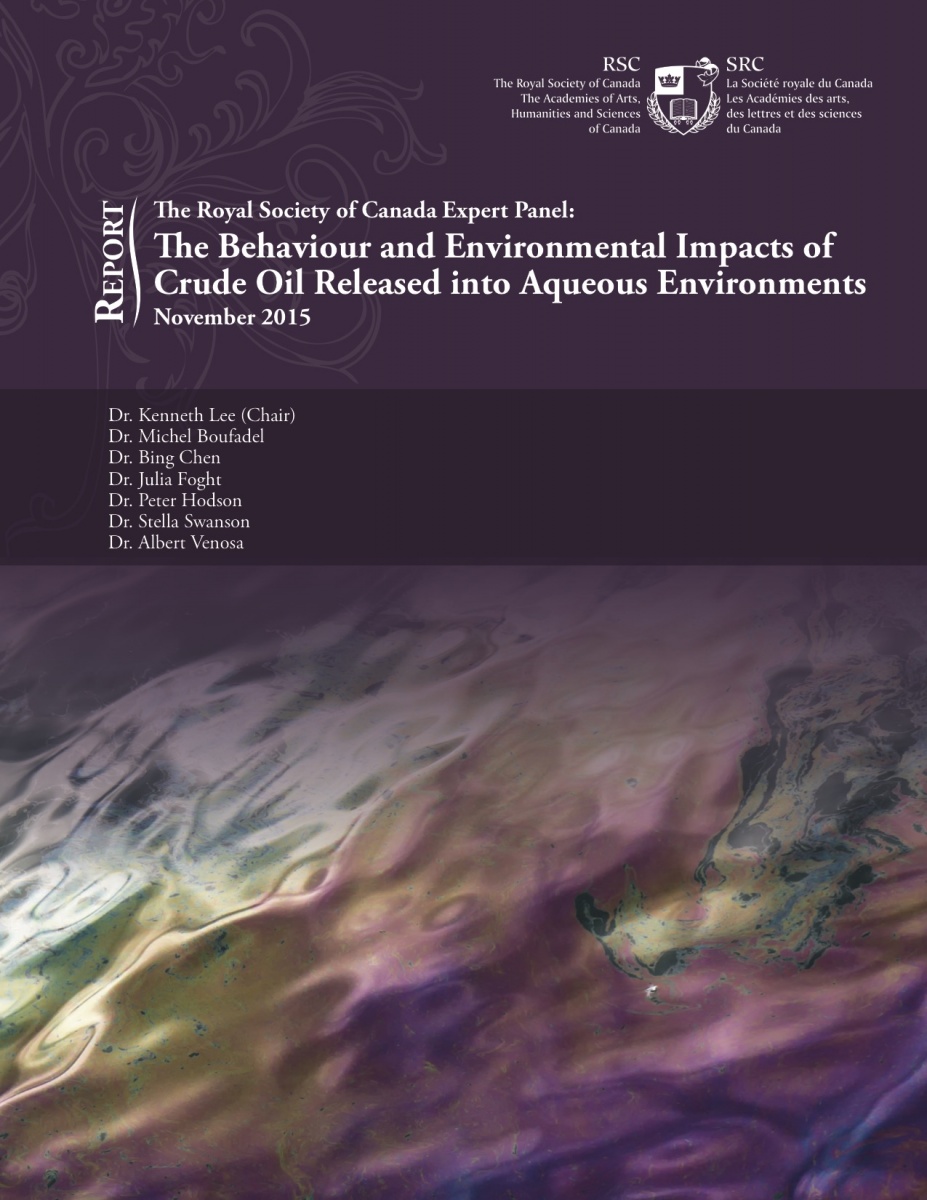
Abstract:
A solid scientific understanding of the behaviour and environmental impacts of crude oil if accidentally released into aqueous environments can make an important contribution to the identification of optimal strategies for spill preparedness, spill response, and environmental remediation. A panel of experts is asked to review the state of the science on how various kinds of conventional and unconventional crude oils transported in North America interact with the surface waters and associated sediments (suspended, shoreline, ocean/lake/river floor) in marine, estuarine and freshwater settings under a wide range of environmental conditions.
Mandate:
The Expert Panel was set-up in response to a request from the Canadian Energy Pipeline Association (CEPA) and the Canadian Association of Petroleum Producers (CAPP). The panel is asked to address the following questions:
- How do the various types of crude oils compare in the way they behave when mixed with surface fresh, brackish or sea waters under a range of environmental conditions?
- How do the various crude oils compare in their chemical composition and toxicity to organisms in aquatic ecosystems?
- How do microbial processes affect crude oils in aquatic ecosystems, thereby modifying their physical and chemical properties and toxicity?
- Is the research community able to relate, with reliable predictions, the chemical, physical and biological properties of crudes to their behaviour, toxicity and ability to be remediated in water and sediments?
- Given the current state of the science, what are the priorities for research investments?
- How should these scientific insights be used to inform optimal strategies for spill preparedness, spill response and environmental remediation?
Panelists
Dr. Kenneth Lee, Chair - Commonwealth Scientific and Industrial Research Organisation (CSIRO), AustraliaDr. Michel Boufadel - New Jersey Institute of Technology
Dr. Bing Chen - Memorial University of Newfoundland
Dr. Julia Foght - University of Alberta
Dr. Peter Hodson - Queen's University
Dr. Stella Swanson - Swanson Environmental Strategies
Dr. Albert Venosa - United States Environmental Protenction Agency

